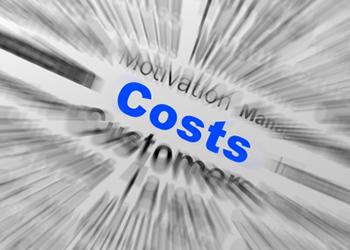

I am regularly asked the difference between tax avoidance and tax evasion. The simple answer is about 18 months at Her Majesty's pleasure, as an ex-Vantis tax director recently found out.
It should be a simple distinction, avoidance is legal and evasion is not. So simply not declaring income on which tax should be paid is pure evasion although it would appear even that can be difficult to prove. Avoidance is the term for arranging your affairs is such a way that you minimise your exposure to tax. These arrangements range from the simple to the highly complex and convoluted. In rare cases, such as that alluded to above, the proposed avoidance scheme oversteps the mark and falls into the evasion category.
Just because avoidance is legal, it does not mean that it is always successful. The more complex schemes rely on exploiting loopholes in poorly drafted tax legislation to gain advantages that were never intended by the treasury. Usually these are far from clear cut and eventual success in terms of tax relief will depend upon the outcome of the inevitable court battle between the barristers representing both the scheme provider and HMRC. These schemes are usually the ones that make the news with both Barclays Bank and Rangers FC hitting the headlines recently. However, the reality is that avoidance is being used most of the time by a significant number of small businesses. For example, the owner of a small limited company may decide that, instead of paying a salary to herself of £40,000, she will instead pay a salary of £7,068 and take the remainder of her income by way of dividend. Under the salary option, the national insurance paid is £8,477 whereas under the dividend option it is nil, giving a significant saving to the business owner. Is this avoidance? Certainly choosing to pay by dividend rather than salary has avoided national insurance but is this more acceptable than the complex schemes? Would it make any difference to your opinion if it transpired that £40,000 was the right market salary for work undertaken by the business owner? What if she worked alongside other people in a similar role but they were employed and therefore suffered a national insurance deduction? These choices on how to remunerate people, and many similar decisions, are undertaken every day by business owners up and down the country and all have a direct effect on the amount of tax paid. It would be ridiculous to suggest that, all other things being equal, business owners should choose an option that increases the amount of tax paid.
So avoidance does seem a logical, if not always fair, option. I say not fair because not all tax payers have the opportunity to arrange their activities in a more tax efficient manner. In an ideal world, all loopholes would be closed and the system would operate in such a way that workers on similar levels of earned income would pay similar levels of tax, regardless of how the income was structured. However, I am not holding my breath.
Darren Austin
Synergee chartered Accountants





As we cannot be experts in every relevant subject, we would love to receive 'guest' articles that may be of interest to anyone running their own business or thinking of doing so. ADD YOUR ARTICLE
